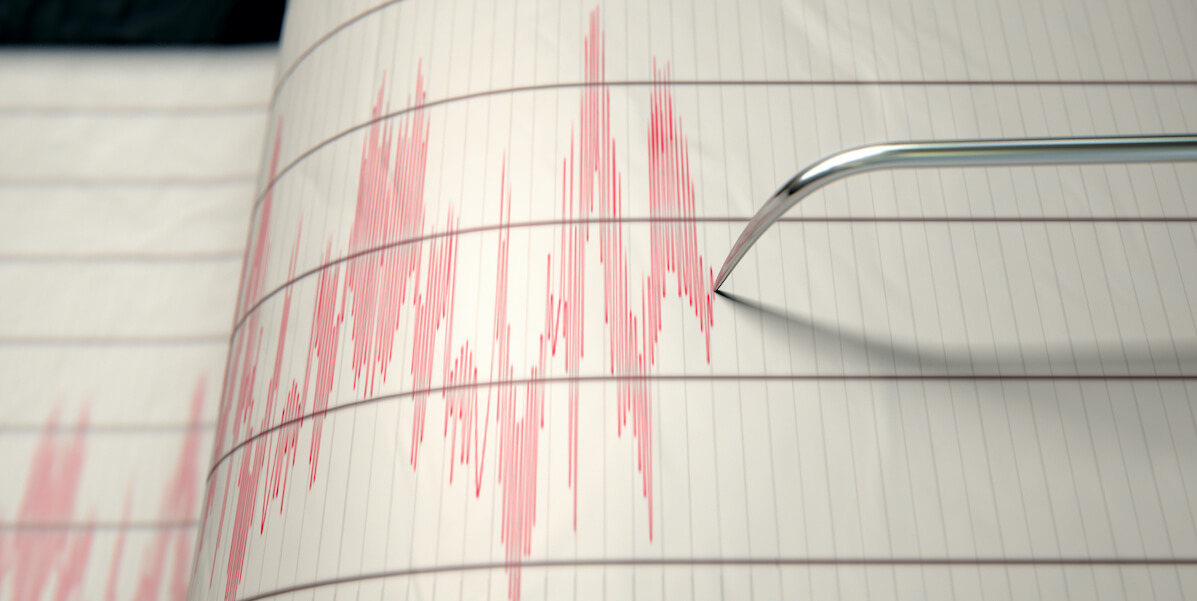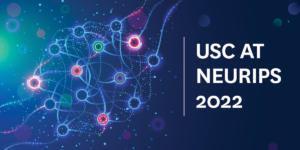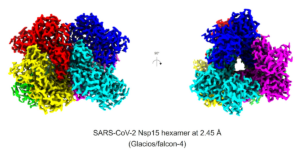
A closeup of a seismograph machine needle drawing a red line on graph paper depicting seismic and earthquake activity – Credit: Istock
Cyberinfrastructure is at the heart of modern science endeavors. This is particularly true for what’s known as the National Science Foundation Major Facilities that encompass sophisticated and unique instruments, distributed data collection infrastructures and capabilities to simulate earthquake and stand-up responses to natural disasters.
The Major Facilities (MF), also known as “Large Facilities,” span a great number of science domains including astronomy, climate research, ecology, natural hazard engineering research, ocean science, physics, and seismology as well as leadership-class computing systems.
These facilities rely on sophisticated cyberinfrastructure to transform raw data into more interoperable and integration-ready data products that can be visualized, disseminated, and transformed into insights and knowledge. The amount of data collected and disseminated by these entities is continuously growing in complexity and size, the available platforms are continuously evolving, and new software solutions are being developed at an increasing pace.
Conceptualizing, developing, deploying, and operating this cyberinfrastructure requires considerable knowledge, experience, and effort. This is where experts like USC Information Sciences Institute’s Ewa Deelman comes in.
In 2018, Ewa Deelman, Research Director at the USC Information Sciences Institute, and a group of colleagues were funded to pilot a Cyberinfrastructure Center of Excellence with a goal of modeling and planning for a Cyberinfrastructure Center of Excellence. The result of this three- year effort is the recently funded center CI Compass: An NSF CI Center of Excellence for Navigating the Major Facilities Data Lifecycle. The five-year, $8 million award from NSF is a collaborative effort between Deelman at USC, Anirban Mandal, Ilya Baldin and Laura Christopherson from the Renaissance Computing Institute at UNC, Angela Murillo from Indiana University, Jarek Nabrzyski, Charles Vardeman, and Mary Gohsman, from the University of Notre Dame, Valerio Pascucci and Robert Ricci from the University of Utah, and Kerk Kee from Texas Tech University. Together, these individuals have deep expertise in a number of areas including data management, data processing, visualization, identity management, systems and infrastructure that will enable the team to focus on the “Major Facilities’” data lifecycle, from data collection to processing to dissemination to the scientific and engineering community, and the public.
Said Deelman, “The CI Compass team is dedicated to working with the NSF Major Facilities and other partners to enhance the cyberinfrastructure underpinning modern research. It’s really a privilege to be able to contribute to and to learn from these national and global research infrastructures. As part of the Pilot, we formed a great team that brings together experts from multiple disciplines, with a common passion for scientific CI. I very much look forward to continuing working with my CI Compass colleagues and other members of the NSF community to share expertise and experiences and build stronger connection within the community so that we can jointly respond to technical and societal challenges.”
Collaborator Jerry Carter, the Director of Incorporated Research Institutions for Seismology Data Services, believes this initiative will enable, “ a cloud-based, integrated geophysical data center that should enhance the collaboration between the seismic and geodetic communities for hazard assessment, earthquake early warning systems, subduction zone processes, crustal deformation, and much more.”
In addition to Deelman, the CI Compass team includes other members of Deelman’s group: Mats Rynge, who has deep knowledge of NSF computing infrastructures, and Karan Vahi, who leads cloud computing activities and is the lead architect of the Pegasus Workflow Management System first conceptualized by Deelman in 2001. Wendy Whitcup, the project manager for the Pilot effort will continue in the role in the Center.
CI Compass is funded by NSF’s Office of Advanced Cyberinfrastructure under award # 2127548
Published on September 12th, 2021
Last updated on September 14th, 2021











